Fed cuts interest rates, stock market expects 2 groups of stocks
At this point in September, according to expert Nguyen Duc Khang, the Vietnamese stock market is expecting two groups of stocks, after the US Federal Reserve (Fed) cut interest rates by 50 basis points.
 |
| With the move from the Fed, foreign capital may stop net selling and even return to the Vietnamese stock market. |
Mr. Nguyen Duc Khang, Head of Pinetree Securities Analysis Department, shared with Investment Electronic Newspaper - Baodautu.vn about the impacts of the decision to cut 50 basis points by the US Federal Reserve (Fed) and the serious consequences of storm No. 3 (Yagi) on the Vietnamese economy and stock market.
The US Federal Reserve (Fed) decided to cut 50 basis points, bringing the basic interest rate to the threshold of 4.75 - 5% last night, Vietnam time. Could you please tell us your opinion on the impact of this decision on the Vietnamese stock market?
For the first time since March 2020, the Federal Open Market Committee ( FOMC) – the Fed’s policy-making body – has cut interest rates by 50 basis points, bringing the federal funds rate to a range of 4.75% – 5%. The Fed’s 50 basis point cut at its September meeting is expected to be a positive factor for the market.
This factor is expected to have two effects.
The first impact is that the US economy is facing the risk of recession and the Fed is forced to lower interest rates to support the economy. If the US is in recession, it will have an adverse impact on Vietnam, especially export enterprises (the US is one of our country's largest export partners).
On the other hand, the second impact is that the Fed's interest rate cut will reduce pressure on the exchange rate, thereby increasing the State Bank's ability to maintain a loose monetary policy (low interest rates as at present). In the past 2 months, the exchange rate has decreased after a long period of "anchoring" at the peak.
In conclusion, assessing the overall impact, I think that the Fed's decision has a more positive impact. However, in terms of investing in the stock market, investors should not expect the market to increase sharply after this information because this is not completely new information, but has been expected by the market and more or less reflected in the current price level.
Although Chairman Powell noted at the press conference that the Fed would not be in a hurry to ease, this rate cut is still considered a strong start to a reversal in monetary policy.
In the long term, how will the above trend affect the Vietnamese stock market? Could you please share some notes when building an investment portfolio in the coming months?
In terms of macro, the factor that will likely be positive for the market will be the Fed's interest rate level from now until the end of 2024. Based on the interest rate differential between current and future yields (implied Fed rate), it can be seen that the market is expecting that in 2024, the Fed's interest rate level will definitely decrease by at least 50 basis points more and there is a 75% probability that the decrease will be 75 points.
According to the Dot Plot chart - a visual reflection of the interest rate forecasts of FOMC members, the most likely scenario given by many FOMC members is the scenario where the Fed will cut interest rates by another 100 basis points in 2025 and 50 points in 2026, thereby bringing the federal funds rate to around 2.75% - 3% by the end of 2026. If the Fed really acts decisively, this will be a positive factor to support the market.
We can expect foreign capital to stop net selling and even return, when the Fed lowers interest rates, reversing the net selling cycle of foreign investors over the past nearly 2 years.
Recently, there have been some signs of foreign investors returning to some surrounding markets, for example Thailand. Therefore, at this time in September, I expect 2 groups of stocks with 2 supporting factors. First is the group of large-cap stocks, favored by foreign investors (such as VNM, ACB, MBB, MWG ...). At the same time, stocks that can benefit from purchasing power and improved domestic market in the fourth quarter of this year (such as VNM, TLG, MSN, PNJ ...) are also stories that investors can pay attention to.
 |
| Mr. Nguyen Duc Khang, Head of Pinetree Securities Analysis Department |
In addition to the significant changes in international macro factors, in Vietnam, storm No. 3 (Yagi) - the strongest storm in the past 30 years in the East Sea has just caused very serious damage. How do you assess the impact of the above factors on the economy and businesses, especially the group of businesses listed on the stock market?
Typhoon Yagi, with its great destructive power, caused serious damage to infrastructure, property and people in areas such as Quang Ninh, Hai Phong, Hanoi and the northern midland and mountainous provinces. The damage is estimated to be up to thousands of billions of VND.
According to the Ministry of Planning and Investment, the total damage caused by the storm is estimated at VND50,000 billion, reducing GDP growth in the third and fourth quarters by 0.35% and 0.22% respectively; GDP for the whole year decreased by 0.15%. These are initial estimates, but the actual damage may be larger due to indirect impacts such as supply chain disruptions and disruptions in agricultural production, tourism, and consumption.
Typhoon Yagi also had certain impacts and had a very quick impact on businesses on the stock exchange, such as the insurance industry – when compensation costs increased. The aviation business group (VJC, HVN) and airport (ACV) were affected when many flights were canceled and operations were interrupted.
In addition, the seaport group, especially the port group in Hai Phong area, suffered infrastructure damage due to the storm. The petroleum business group was also affected because consumption output would decrease.
On the contrary, when entering the reconstruction and recovery phase after the storm, market demand will boost output in some industry groups, such as corrugated iron, roofing, and roofing sheet enterprises; or the possibility that pork prices may increase in a short time will impact some agricultural enterprises...
The above are the direct impacts. In addition, there are also indirect impacts and impacts on the recovery of people's purchasing power such as retail and consumer sectors... In my opinion, except for the insurance sector, the impact of Typhoon Yagi on businesses on the stock market will not be too great.
Specifically in the group of non-life insurance enterprises, how will business activities be affected in the short and long term?
It can be said that insurance is one of the industries that was greatly affected by Typhoon Yagi, including the non-life industry (most insurance companies on the stock exchange are non-life companies).
In the short term, non-life insurance companies may be affected in terms of profits when having to pay compensation. According to the latest update from the Department of Insurance Management and Supervision, through the figures reported by businesses by the end of September 12, the total amount of compensation for human and property damage is estimated at about 7,000 billion VND with more than 9,000 cases of property and motor vehicle damage; 14 deaths were recorded, 18 cases of health insurance. Non-life insurance companies leading in market share also announced large compensation payments such as PVI (2,000 billion VND), Bao Viet Insurance (950 billion VND), ...
The above estimates are preliminary estimates and may vary depending on reinsurance activities. Reinsurance rates will depend on the risk appetite of each insurance company as well as the type of insurance they provide. With property insurance (factories, ships, etc.), reinsurance rates are often high due to large claims; while, for example, with motor vehicle insurance, reinsurance rates are lower.
In addition, the total loss may not be reflected in the short-term business results report because most insurance companies have quite large provisions. However, in the short term, I think that non-life insurance and reinsurance companies will be affected to some extent.
In the long term, when the provision is used, although the enterprise's reported profit does not decrease too much, the reality is that the enterprise's cash flow is depleted, leading to future financial investment income being affected.


![[Photo] Special relics at the Vietnam Military History Museum associated with the heroic April 30th](https://vstatic.vietnam.vn/vietnam/resource/IMAGE/2025/4/3/a49d65b17b804e398de42bc2caba8368)

![[Photo] General Secretary To Lam receives Japanese Ambassador to Vietnam Ito Naoki](https://vstatic.vietnam.vn/vietnam/resource/IMAGE/2025/4/3/3a5d233bc09d4928ac9bfed97674be98)
![[Photo] Moment of love: Myanmar people are moved to thank Vietnamese soldiers](https://vstatic.vietnam.vn/vietnam/resource/IMAGE/2025/4/3/9b2e07196eb14aa5aacb1bc9e067ae6f)
![[Photo] A brief moment of rest for the rescue force of the Vietnam People's Army](https://vstatic.vietnam.vn/vietnam/resource/IMAGE/2025/4/3/a2c91fa05dc04293a4b64cfd27ed4dbe)
![[Photo] Prime Minister Pham Minh Chinh chairs meeting after US announces reciprocal tariffs](https://vstatic.vietnam.vn/vietnam/resource/IMAGE/2025/4/3/ee90a2786c0a45d7868de039cef4a712)
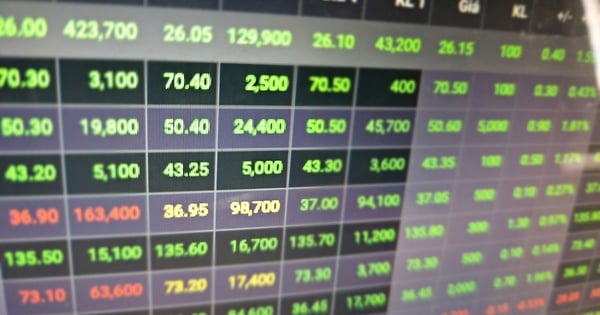



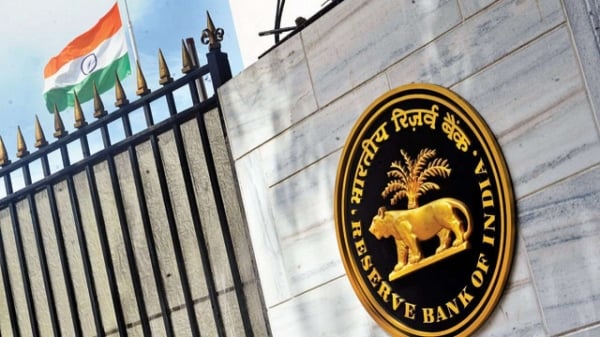

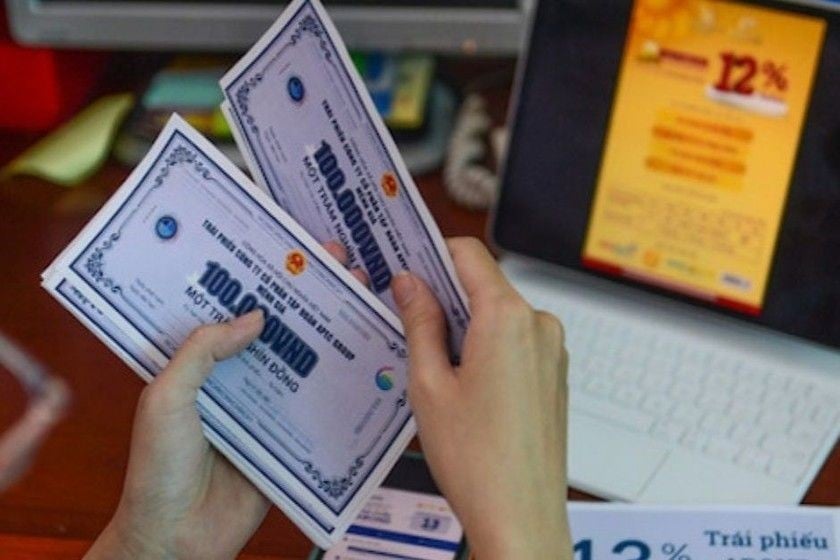


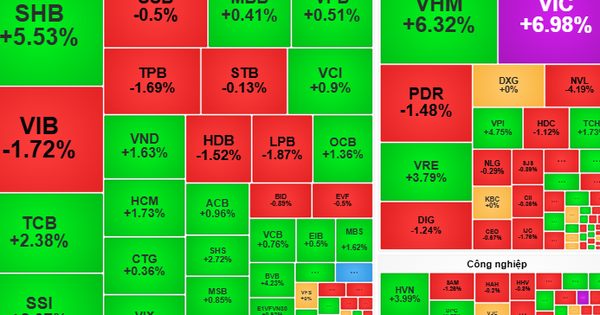


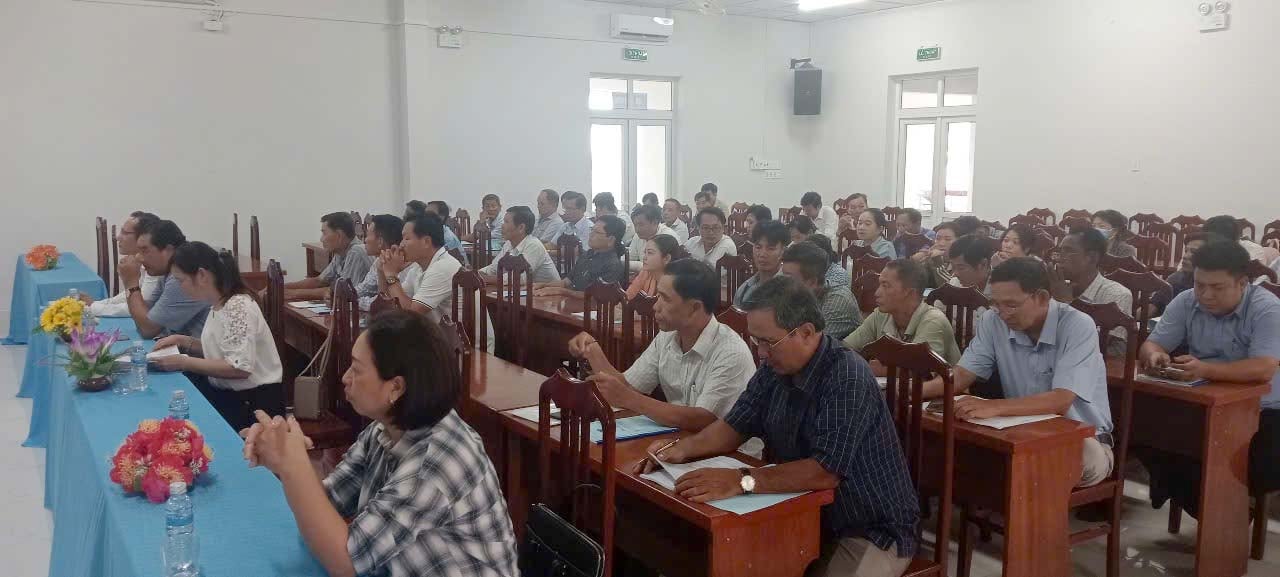










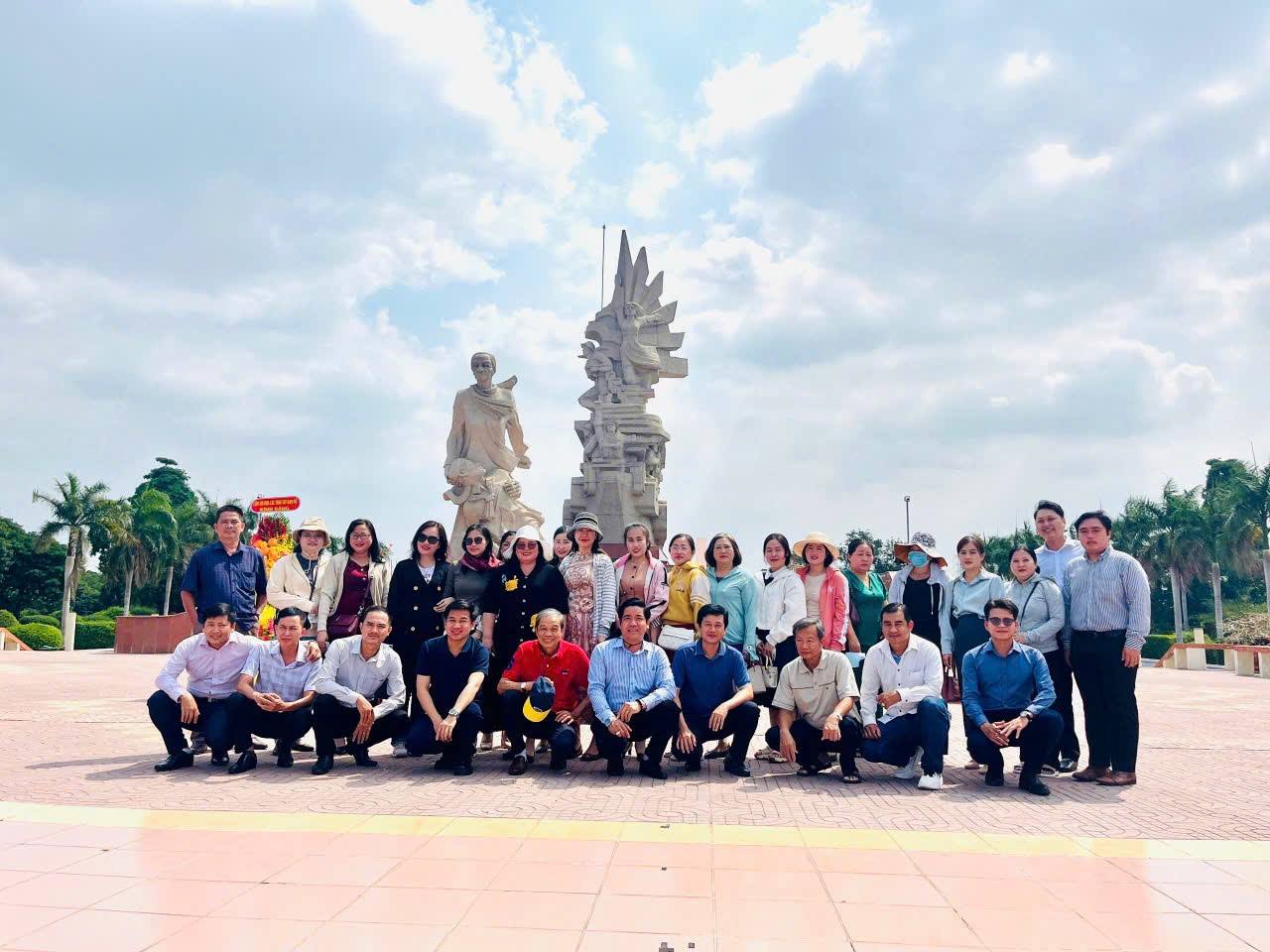

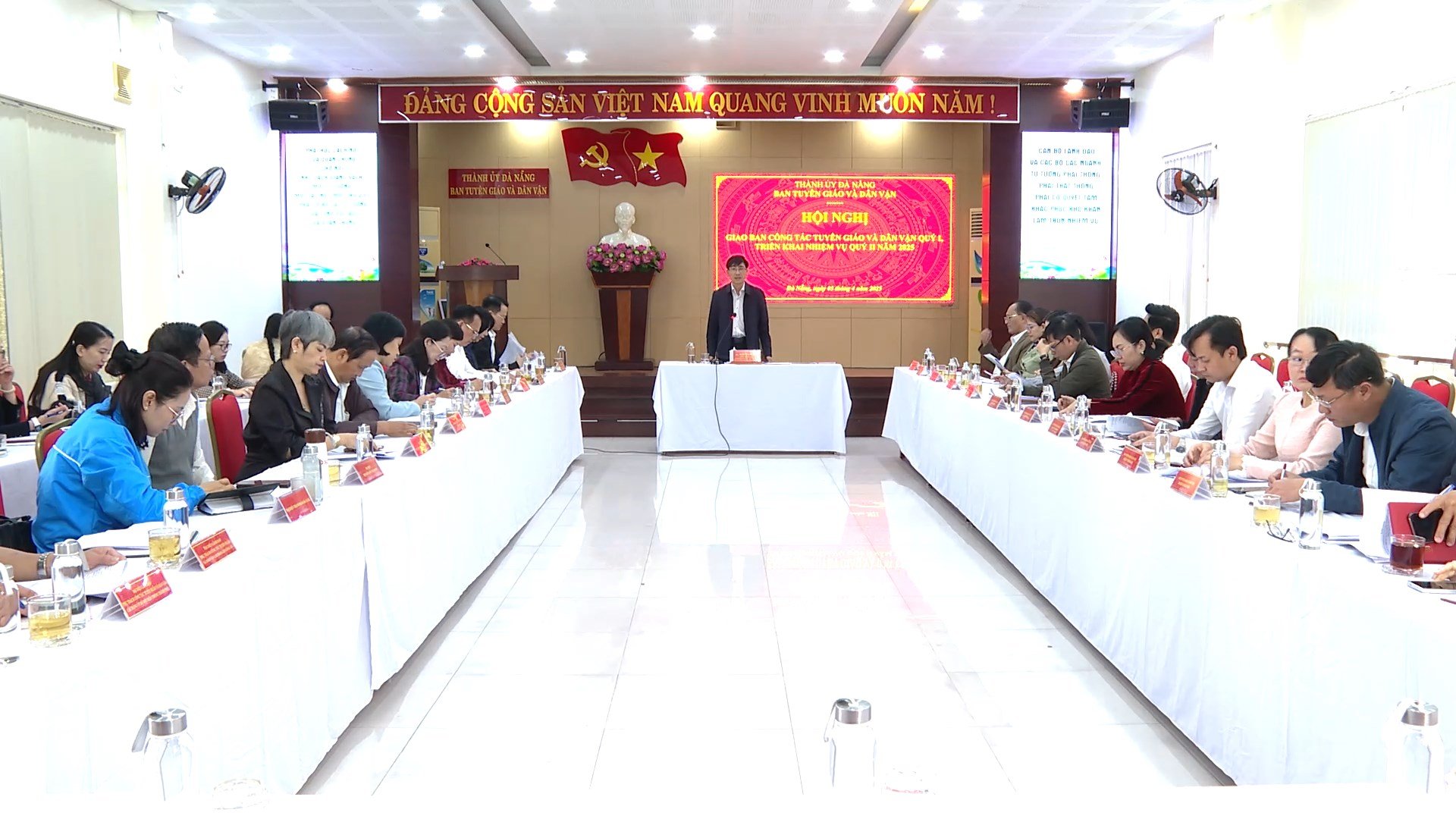
























































Comment (0)